Since I was little, I have always known that my family, way back, came from France.
My grandmother (maternal) had a genealogy book lying around and some of the first people mentioned in it were Dupont & Dupont.
It has always amused me that I had a connection to Dupond & Dupont, the two police detectives from the Tintin comic.
Dupond & Dupont is also known as the Thomson twins.
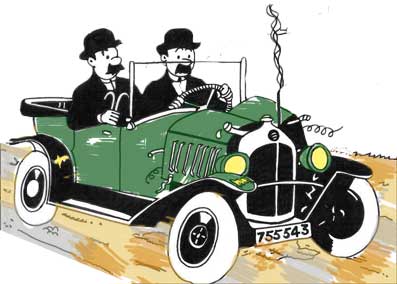
The hunt for first relative named Dupont started and after some time of searching and digging, I found him 🙂
The first Dupont in the family is Nicola Dupont, son of Pierre de Bon and Jeanne Thierry. Born in 1604 in La Rochelle, Charente-Maritime, Nouvelle-Aquitaine, France.
And I must say, I was a little surprised – the connection to him was not, as expected, through my mom’s mother, but rather through my dad’s mom.
However, it should be mentioned that my mom’s mother is also indirectly related to him, as he was at one point of time part of her in-laws ancestry. My dad’s mom is directly related to him (blood line) and he is therefore my 9 x great-great-grandfather.
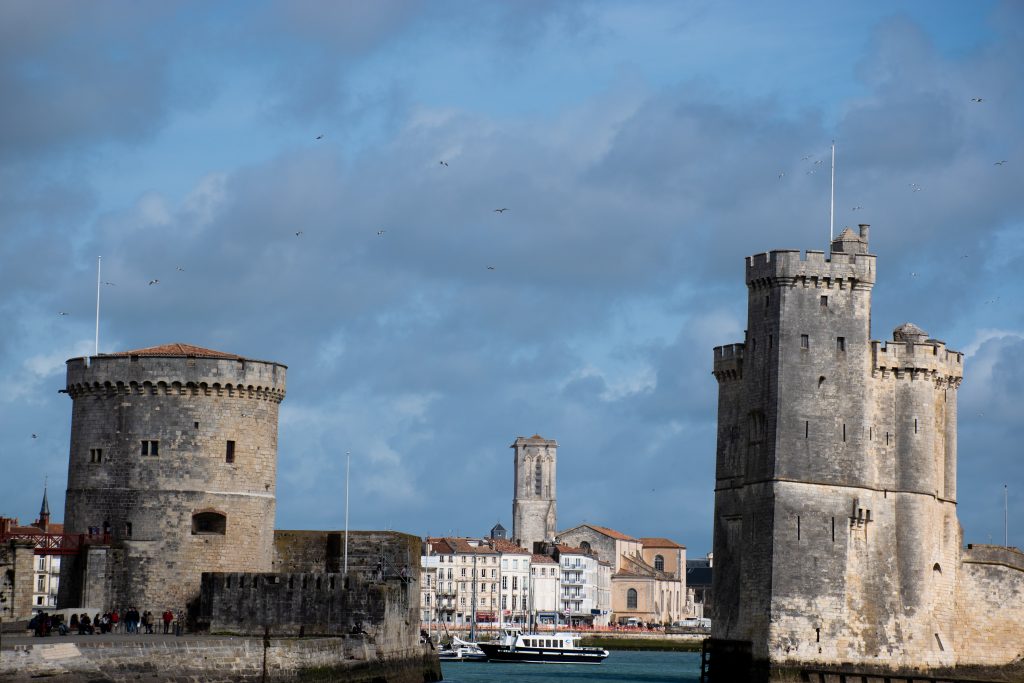
Photo by Sandro ALPHONSE
Nicola grew up in France and found his love in Rochelle, where he married Marie Sedan.
France was not an easy place to be at the time. The family belonged to the French Protestants, also called Huguenots. During the Reformation, the French Protestants were considered heretics by the Catholics. Which meant that some chose to flee their homeland.
The reformation movement in France was inspired by the French priest and reformer Jean Calvin, who wanted a showdown with the Catholic Church. Followers of Calvin’s Protestant church and congregation are called “the Reformed”.
The Protestants and the Huguenots wanted to reform the Catholic Church, which eventually meant that a religious war arose between the Protestants and the Catholics.
During the 1530s, La Rochelle was converted to a Protestant town and in 1568 the Catholics were chased out of the town and churches were destroyed. All Catholics fled, except for 13, who were slaughtered and thrown from the Lantern Tower.
After this, the city declared itself independent and Protestant. La Rochelle signed a peace treaty with Charles IX and they lived peacefully together for some time.
But the peace did not last.
In February 1573, Charles IX of France ordered a siege of La Rochelle and therefore attacked the city with 28,000 Catholic soldiers.
There were battles both on water and on land.
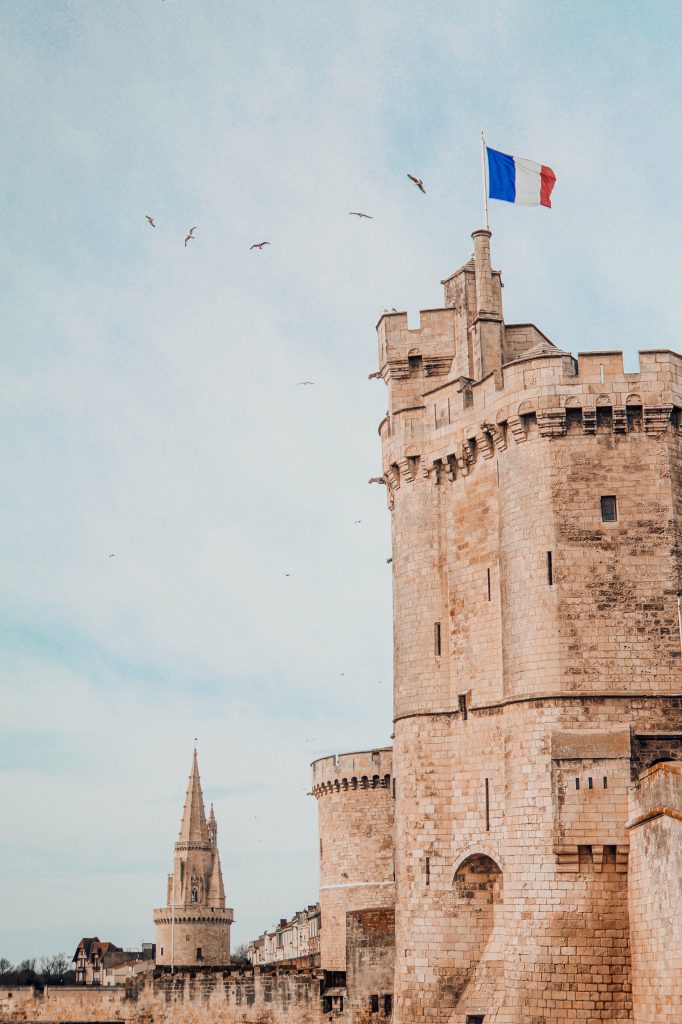
Photo by Romain HUNEAUEnglish ships came to La Rochelle’s aid and in July 1573 a peace agreement was signed, in which La Rochelle once again was given freedom of religion.
The peace lasted for almost 50 years.
In May 1621, La Rochelle declared itself as an independent and Protestant state with the intention of becoming a Republic. Louis XIII did not agree with this and La Rochelle was again attacked. This time the Rochelaise fleet defended the city and in 1622 a peace treaty was again signed.
Although there was peace, the tension between the Protestants and Catholic France did not disappear. England decided to send ships, as reinforcements, to La Rochelle in 1627. This provoked France and the French commander Richelieu, therefore sent 20,000 soldiers to La Rochelle to make a siege around the city.
All incoming roads were blocked and nothing came in and out of the city, including food. After a long siege, the city gave up – at this time, only 5,500 residents out of 28,000 remained in the city. The Protestants were deprived of all their rights (political and territorial). However, freedom of religion was maintained.
During the Catholic Church’s Reformation (counter-reformation), which took place between 1517 and 1648, the French Protestants were, as previously mentioned, considered heretics. Which meant that some Protestants and Huguenots chose to flee their homeland.
Nicola and his family were among those who chose to flee and I believe that they did so after 1629, when their last child was born.
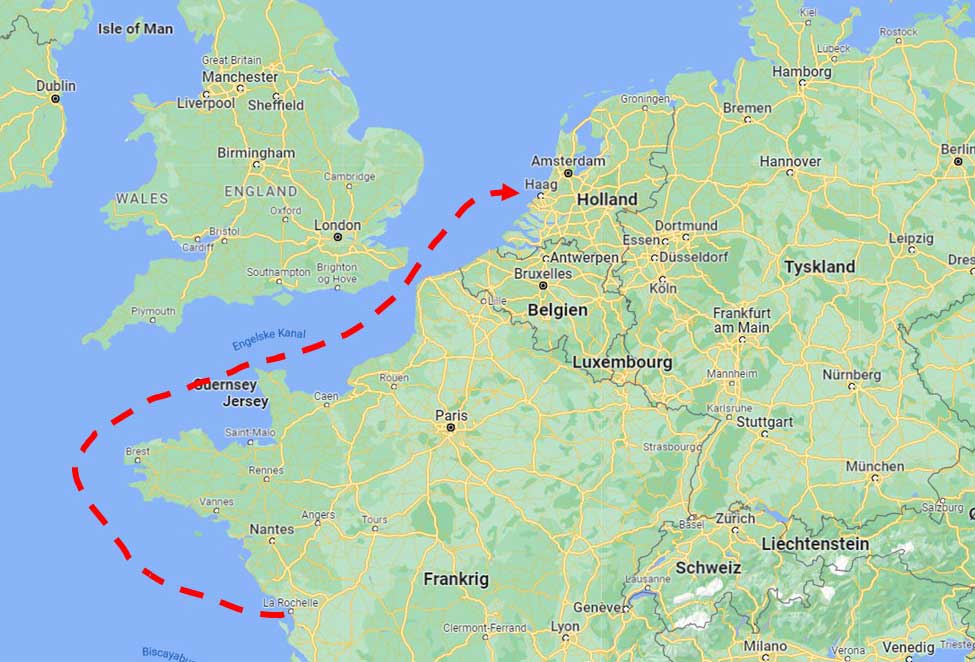
He traveled from La Rochelle by water to Leiden (Leyden) in the Netherlands (Nederlande).
Whether he has sailed the whole long way alone or with the help of the English ships is not known.
How long Nicola and the family stay in Leiden is not known.
However, at some point he decides that they must travel on.
From Leiden he travels to the Palatinate (Pfalz) in Germany, eventually settling down in the area around Mannheim.
When exactly is not known, one thing is though certain. In 1651, Nicola and the family are in the area near Mannhein, where he is a tenant on the estate Hemshof.
It will be exciting to see what else happens to the family.
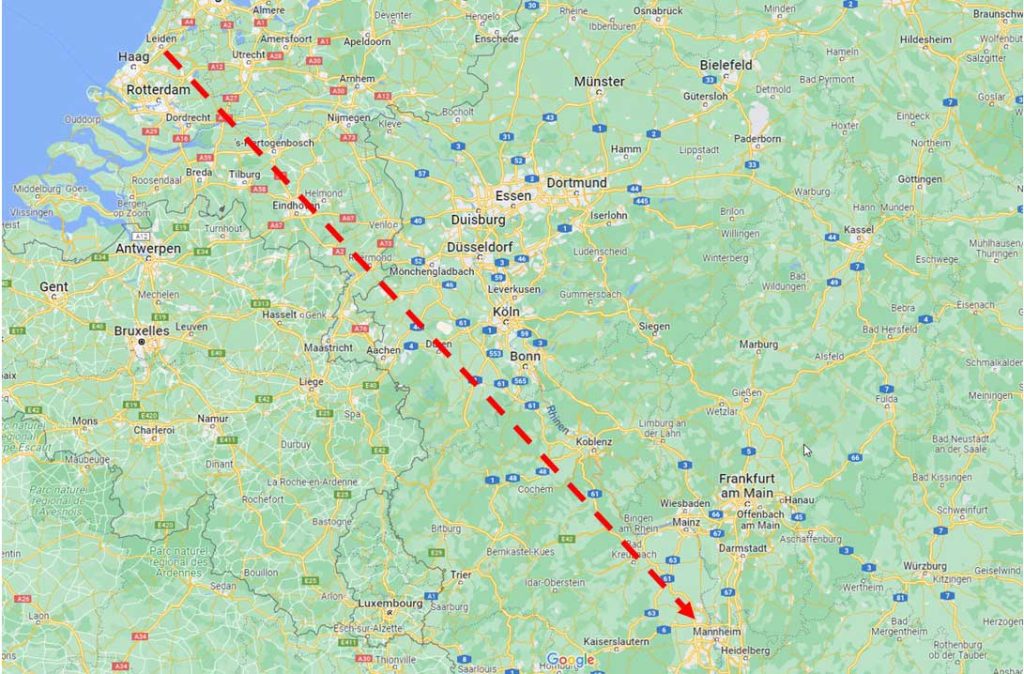

Leave a Reply